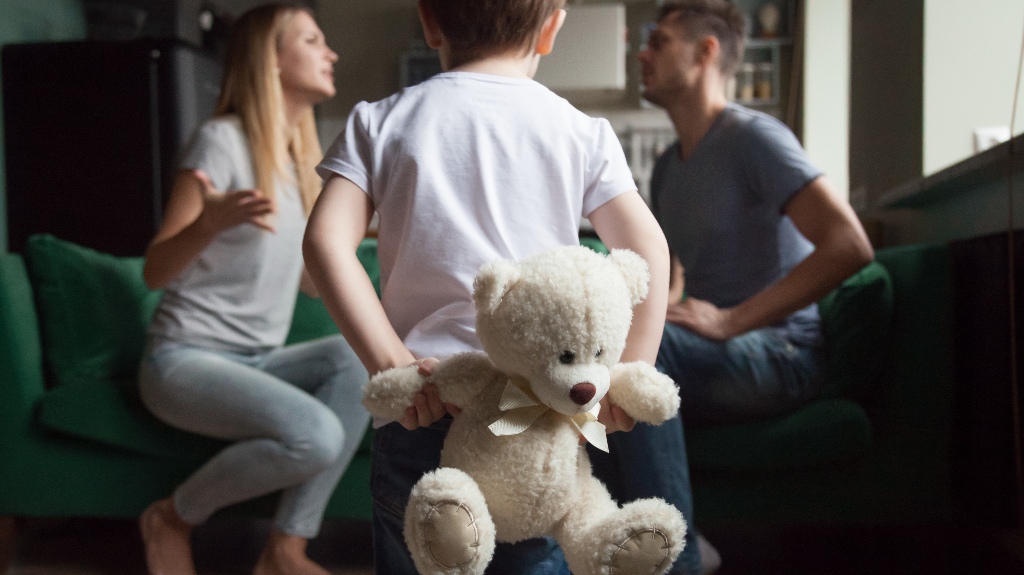Child Custody and Visitation Rights in North Carolina: Legal Considerations
During a separation or divorce, there are two very important aspects to consider: child custody and visitation rights. Many of these issues can turn into contentious matters. However, when you look at the legal considerations, you can get a better understanding of your rights under North Carolina laws. Let’s take a closer look at visitation and child custody in the Tar Heel State.
Who Is Entitled to Custody?
There are two types of custody in the state: physical and legal. Physical custody determines where the child will reside, while legal custody focuses on the decision-making abilities of the parents.
At the very center of any decision will be the child’s best interests. North Carolina courts will also examine certain factors, such as:
- Parental fitness is a key element in these decisions. The courts will assess whether each individual has the stability, mental health capabilities, and financial ability to provide a safe environment for their child.
- Along with that, the court wants to make sure that the child’s emotional, physical, and educational needs are met in these custody cases.
- Many times, the courts will also evaluate the bond between the child and each parent. Sometimes, the child’s preference is taken into account in these decisions.
However, there are some aspects that can negatively affect the court’s decision. For example, if there are instances of substance abuse or domestic violence, that could be held against the person seeking custody of their child.
North Carolina courts will decide to grant sole or shared custody of the children. As you may have guessed, sole custody means one parent will have legal and/or physical custody of the child. In many situations, both parents will share custody of their children.
Shared Custody Can Be In the Child’s Best Interests
North Carolina courts want to make decisions in the best interest of the child. For that reason, they actively encourage both parents to work together to raise and provide for their children.
In these cases, parents are granted shared legal and physical custody. With that, they can both participate in the decision-making process and share parental responsibilities. These decisions allow the child to have a relationship with both parents, regardless of whether they remain together as a couple.
What Happens If There Is No Shared Custody?
Sometimes, the court may grant physical custody to one parent. In these situations, the other one can be given visitation rights. With that, regular visits help the child to continue to have a relationship with one parent even if they don’t reside in their home. The parents can work together to create a schedule that is beneficial for their children.
Unfortunately, if there has been a history of domestic violence or abuse, these visits could be supervised by a court-ordered agency.
Seeking Legal Assistance for Child Custody and Visitation Rights
If you need to reach an agreement on child custody or visitation rights, you may want to contact a North Carolina family law attorney. These legal considerations can be complex, and you want to ensure that your rights are protected throughout this process.
The courts will take several factors into consider regarding child custody and visitation rights in North Carolina. Seeking legal assistance is vital during this process.
If you have specific questions, contact Stephen E. Robertson Law Office. We are here to help you navigate through these challenging times. Contact us to set up an appointment or by calling us at 336-370-6760 today.
